In recent times, everyone only seems to be talking about CBD. CBD is seen as a super cannabinoid that has a lot to offer in the medical field. But there are many more cannabinoids, that have very beautiful properties. You would hardly expect it with all those positive messages about CBD, but there are really more cannabinoids that are definitely worth a closer look. There are even more than 100 of them. One of these cannabinoids is THCA and we are going to talk about that now.
Most people are familiar with THC (tetrahydrocannabinol), the psychoactive compound in cannabis responsible for the “high” associated with marijuana use. However, fewer people are aware of THCA, the precursor to THC. THCA is found in raw, unheated cannabis and converts to THC when exposed to heat through a process known as decarboxylation. While THC is known for its psychoactive effects, THCA does not produce a high. Instead, it offers a range of different and highly beneficial properties, making it a subject of growing interest among researchers. As the cannabis industry continues to evolve, there is a shift in focus toward understanding and harnessing the potential of THCA, particularly given its non-psychoactive nature.
Over the past few decades, extensive research has been conducted on cannabis plants and the various compounds they contain. The plant has demonstrated numerous benefits in both recreational and medical contexts. However, the pace of research has been slower than it could be, primarily due to the legal status of cannabis in many countries. In numerous regions, cannabis is still classified as an illegal substance, leading to harsh penalties for possession or use, even in small amounts. This criminalization has significantly hindered research, as funding is limited and many scientists are reluctant to engage in studies related to a substance that remains illegal in much of the world. If cannabis were more widely accepted and legalized, we could see a significant acceleration in research efforts, leading to a deeper understanding of all its components, including THCA, and their potential benefits.
Despite these challenges, laboratory tests indicate that THCA holds significant medical value. While it is still early days in the research of THCA, the existing studies are promising. THCA, unlike THC, does not produce psychoactive effects, making it an attractive candidate for therapeutic use, particularly for patients who wish to avoid the high associated with THC. Researchers are particularly interested in THCA’s potential role in modulating the potency of various cannabis strains. As interest in the therapeutic potential of cannabis grows, THCA is increasingly seen as a compound of great interest, offering a different spectrum of benefits compared to its more famous counterparts like THC and CBD.
CBD is widely recognized for its medical benefits, including its ability to reduce anxiety, manage pain, and alleviate certain symptoms of epilepsy. But what about THCA? Early research suggests that THCA also possesses therapeutic properties, though much more investigation is needed to fully understand its potential. Some of the most compelling research points to THCA’s anti-inflammatory properties, making it a candidate for treating conditions associated with inflammation, such as arthritis. In addition, THCA is being explored as a supplement to treatments for neurodegenerative diseases like Parkinson’s, where it may help alleviate symptoms and improve the quality of life for patients. Moreover, THCA has shown promise in managing nausea, a common side effect of chemotherapy and other treatments. As research continues, it is likely that more therapeutic applications for THCA will be discovered, expanding its potential use in the medical field.
In conclusion, while CBD and THC have rightfully earned their places in the spotlight, THCA represents an exciting frontier in cannabis research. With its unique properties and growing body of evidence supporting its medical benefits, THCA is poised to become an important player in the ongoing exploration of cannabis’s therapeutic potential. As legalization spreads and research barriers are removed, we can expect to learn much more about THCA and how it can be used to improve health outcomes for a wide range of conditions.
THCA is the precursor to THC and is found in raw cannabis. When cannabis is heated, THCA converts into THC, which is the compound responsible for the psychoactive effects, or "high," associated with marijuana. THCA itself does not produce a high but has other potential therapeutic benefits.
Yes, early research suggests that THCA has several medical applications, including anti-inflammatory properties, potential use in treating neurodegenerative diseases like Parkinson’s, and effectiveness in managing nausea. However, more research is needed to fully understand its therapeutic potential.
Research on this subjects, is limited primarily due to the legal status of cannabis in many countries. The criminalization of cannabis restricts funding and deters scientists from conducting extensive studies. As legalization becomes more widespread, it is expected that research on these compounds will increase, leading to a better understanding of their benefits.
[magento_products id=”186,136,163,188″]
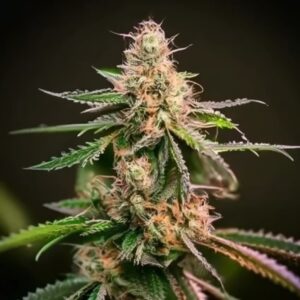


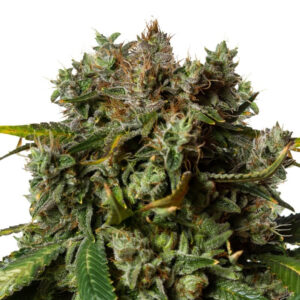

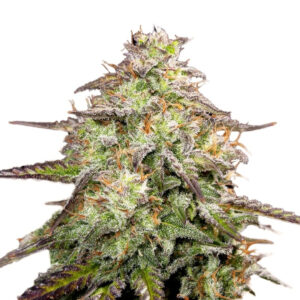
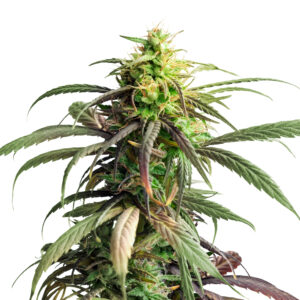






Related Posts
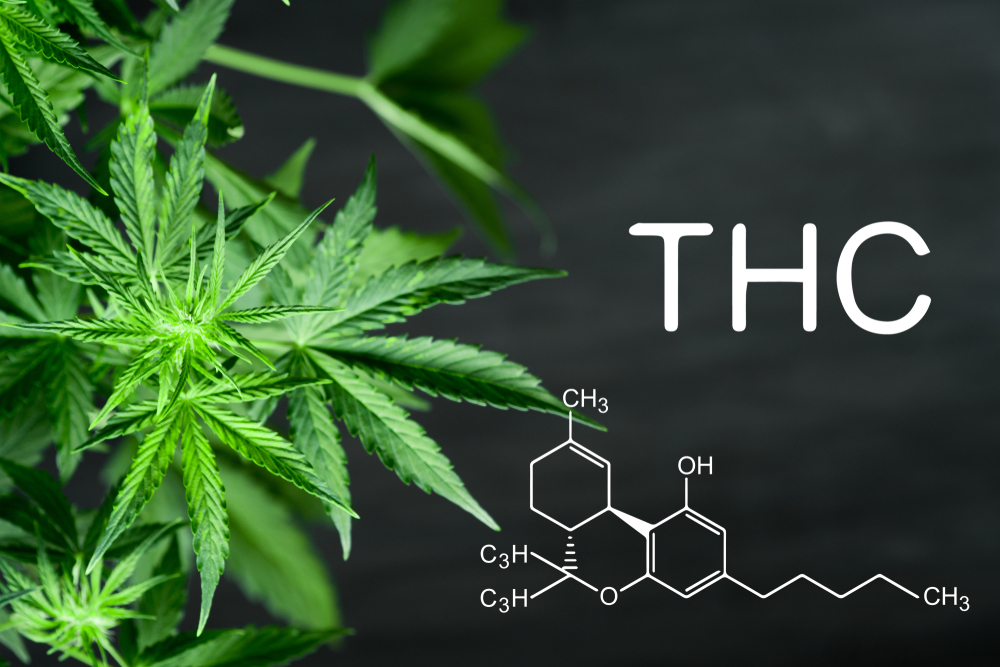
Of all the cannabinoids in marijuana, THC is the one that is the most studied in the medical field. And for good reason too.
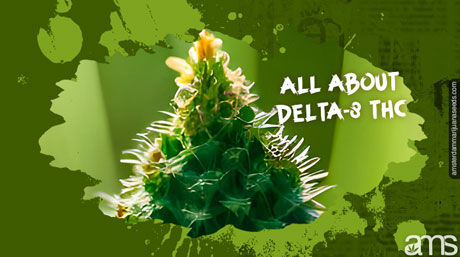
If you keep yourself updated about the ins and outs of information in the hemp and cannabis industry, you must have already heard about this new cannabinoid from the family tearing through the mainstream media.
With over a hundred types of cannabinoids identified now, this newly discovered cannabinoid is making a buzz in the market. Unlike the many well-known cannabinoids…
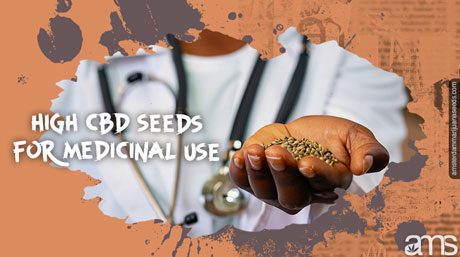
CBD, a non-intoxicating component of cannabis, is noted for its therapeutic properties, offering relief from anxiety and other conditions without the side effects of THC. High-CBD seeds, legal in areas where medical cannabis is permitted, are a popular choice for those seeking natural remedies. These seeds are designed to maximize the therapeutic potential of CBD, making it easy to grow CBD-rich plants for medicinal use.